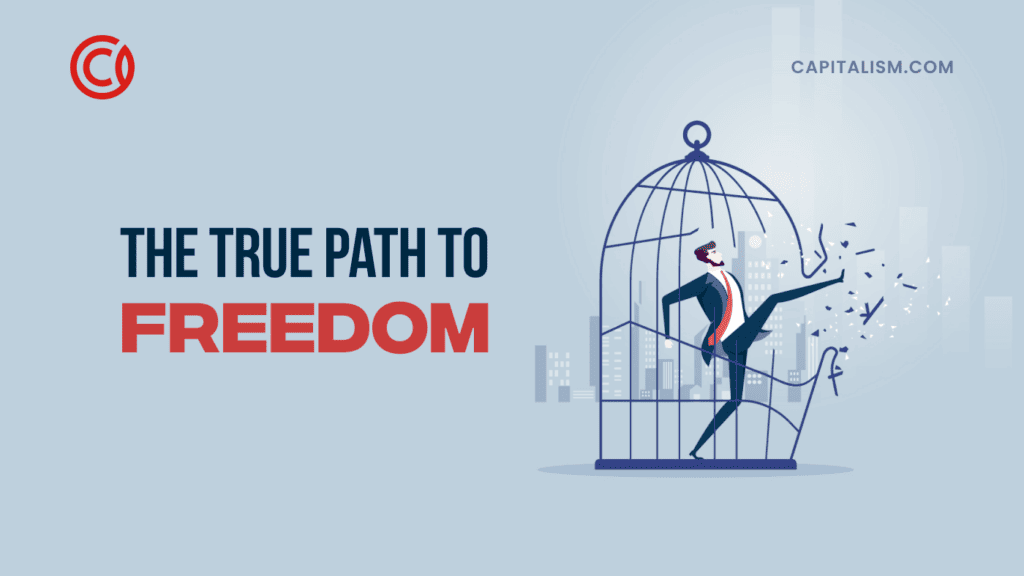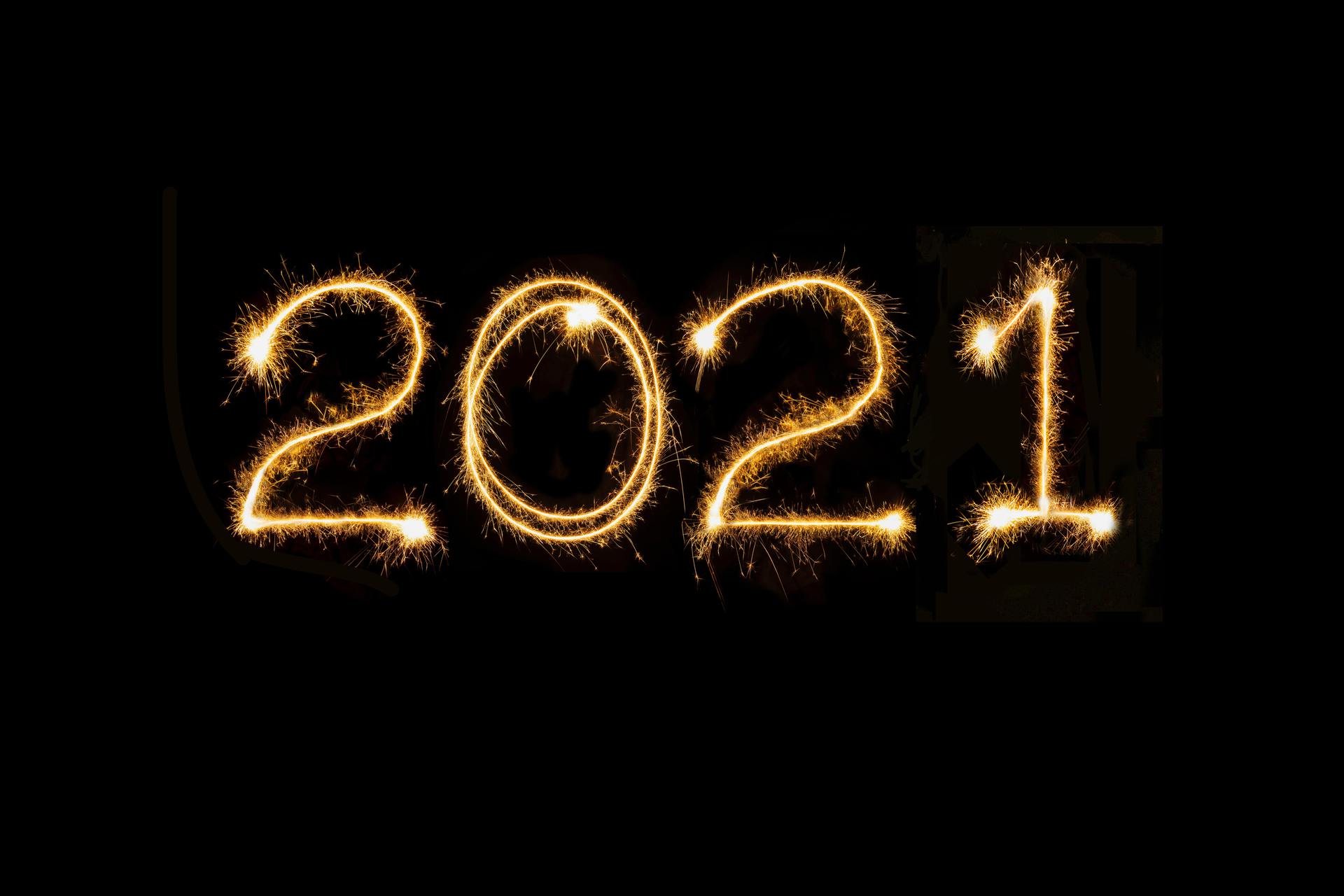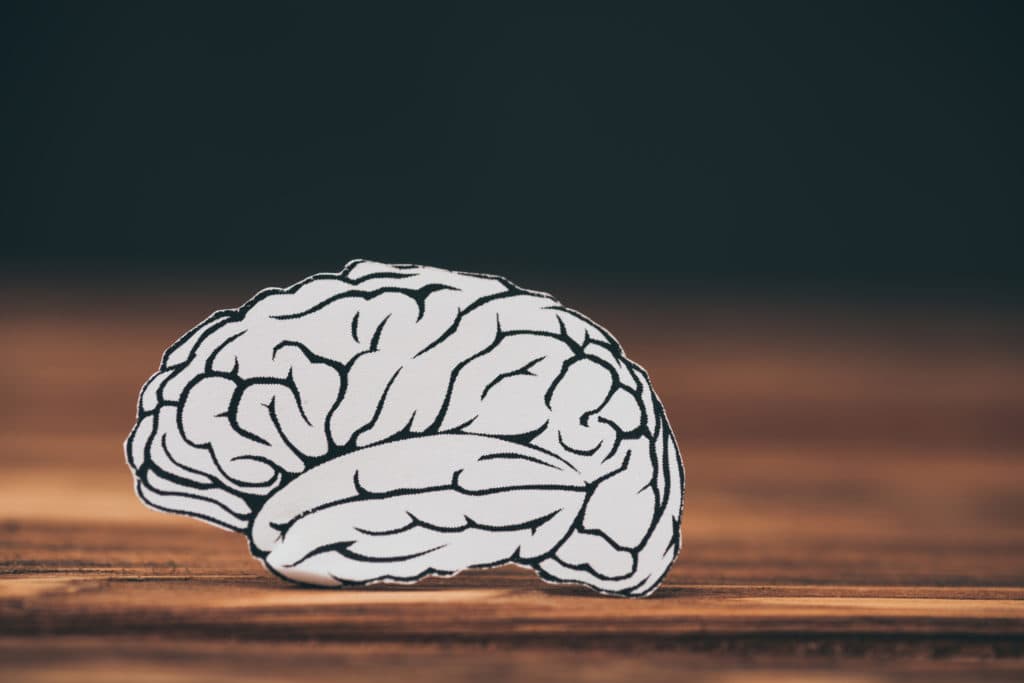Jobs are being killed by technology is not a construct of negativity. More or less, as the current state of the national economy advances into a high-tech era of automation, our own rendition of 'creative destruction' unfolding before our very eyes.
Loosely, the term 'creative destruction' refers to the process in which an economy experiences a change in technology and production methods to produce products that are advanced, thus, more sought after.
The original term, theorized by Austrian-school economist Joseph Schumpeter, is more specifically defined:
"Creative destruction refers to the incessant product and process innovation mechanism by which new production units replace outdated ones."
That's according to an essay on the subject by Ricardo J. Caballero, a macroeconomist at the Massachusetts Institute of Technology.
Simply put, the concept of creative destruction is the inevitable replacement of old businesses and means of production with new businesses and means of production.
Taking these thoughts as your own, there is a case that can be made that we all live in a state of creative destruction—here, now, in the year of 2017.
Tech firms like Amazon have taken it upon themselves to create and artificially manufacture the coming of a new, more modern day rendition of creative destruction.
MoneyWire editor Matt McCall characterized Amazon's latest business dealings as a quintessential example of making the economy work for you.
In a recent column, McCall describes the recent acquisition of Whole Foods Market by the corporation, and describes CEO Jeff Bezos as an example to gauge how one act of market disruption can ultimately impact the market on a greater scale.
Stocks for the grocer and the e-commerce platform surged while traditional grocery retailers saw a collective loss of $50 billion. The market reacted in fear and are still doing so.
Ultimately, this type of market trend can lead inevitability that changes made by corporations, regardless of having negative or positive impacts, will occur.
The questions remaining are, how much change will occur? And how will entrepreneurs and investors react?
Caballero concluded his paper on the concept of coming economic innovation by saying, that the "evidence and models coincide in their conclusion that the process of creative destruction is an integral part of economic growth and fluctuations. Obstacles to this process can have severe short- and long-run macroeconomic consequences."
Are you fearful of creative destruction, or do you want to be part of it?
SHIFT YOUR MINDSET – READ MORE ON CAPITALISM.COM:
• Why Whole Foods CEO John Mackey is Vegan But Sells Meat
• Why We Need More Job Creators, Not Job Takers
• Reframe Your Understanding Of Wealth Creation









